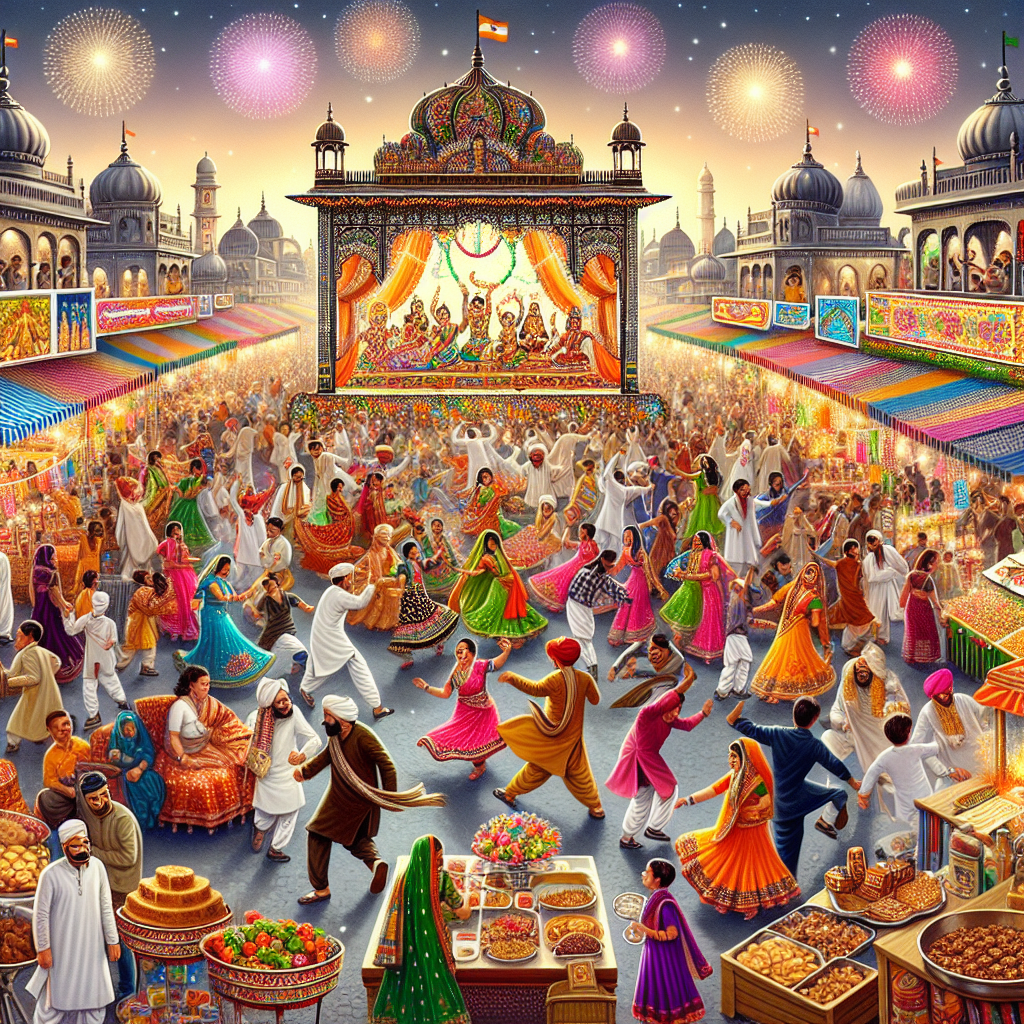The Health Impact of Navratri Fasting: Experts Weigh In
Navratri, celebrated from September 22 to October 2, sees many devotees fasting. Health experts warn that the fasting pattern, which involves abstaining during the day and eating at night, can strain digestion and metabolism. Adequate nutrition and hydration are recommended to maintain health during the festivities.

- Country:
- India
As Navratri unfolds from September 22 to October 2, fasting devotees are confronted with a potential health concern. Health experts suggest that the traditional fasting pattern, characterized by minimal day-time intake and heavy evening meals, may disrupt the digestive system.
Divya Malik, senior consultant at Apollo Spectra Hospital, advises against large late-night meals after daytime fasting, as it might hinder proper calorie burning and digestion. Instead, balanced and light meals, along with adequate water, are recommended to prevent harm.
Furthermore, practitioners like Phoolwati and Sunita Bhardwaj share their fasting experiences, while experts highlight the risks of nutrient deficiency. Khushboo Singh, a Noida District Hospital dietician, suggests starting the day with warm water and curry leaves, continuing with light fruits and nuts to maintain energy during Navratri.
- READ MORE ON:
- Navratri
- fasting
- health
- digestion
- metabolism
- nutrition
- festival
- dietary habits
- devotees
- balanced diet
ALSO READ
India's GST 2.0: A 'Festival of Savings' or a 'Historic Blunder'?
Navratri Festival Unites India in Cultural Harmony at Kamakshi Temple
Delhi Extends Loudspeaker Hours for Festivals Amid Noise Concerns
Dhami Champions Local Goods at GST Savings Festival in Dehradun
TCL Lights Up Amazon’s Great Indian Festival with Cutting-Edge TVs










